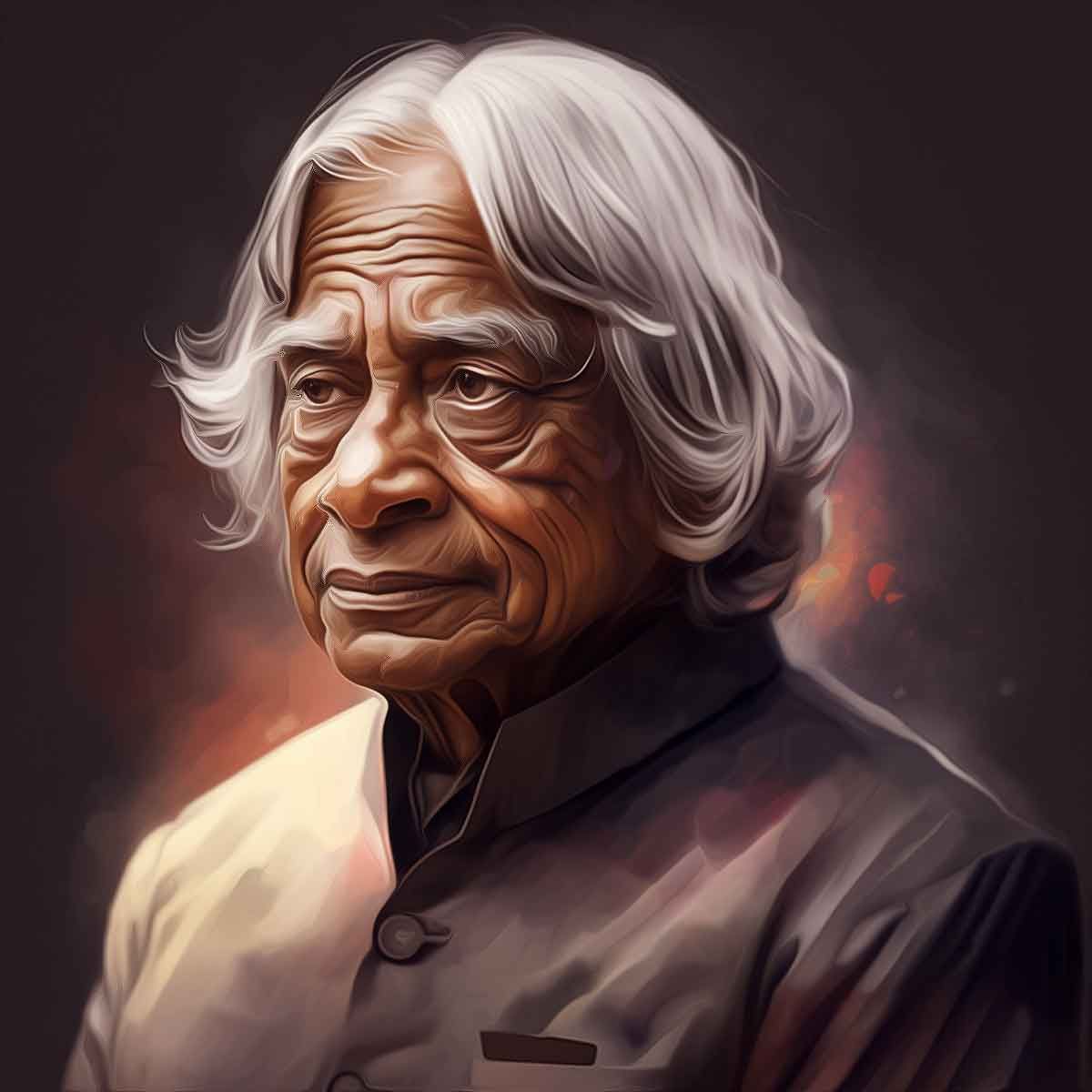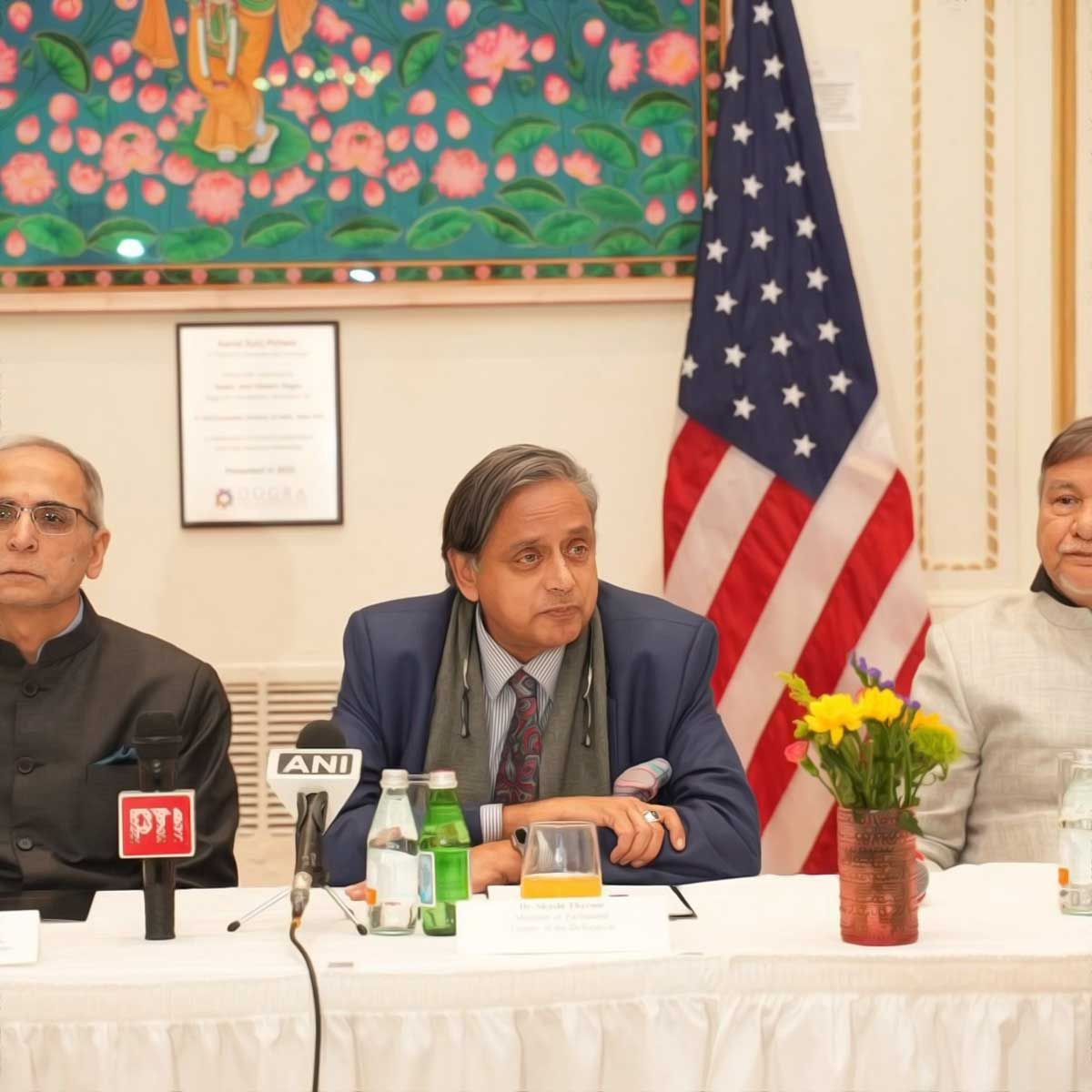More Coverage
Twitter Coverage
Satyaagrah
Written on
Satyaagrah
Written on
Satyaagrah
Written on
Satyaagrah
Written on
Satyaagrah
Written on
JOIN SATYAAGRAH SOCIAL MEDIA
"It is not titles that honor men, but men that honor titles": Aurangzeb Lane in Lutyen Delhi renamed as Dr APJ Abdul Kalam Lane, it is not just a change of signboards but a symbolic shift in the narrative of India's history, celebrating illustrious legacy

In a momentous and jubilant development for India, the New Delhi Municipal Council (NDMC) has approved the renaming of Aurangzeb Lane to Dr APJ Abdul Kalam Lane. This significant change comes eight years after the renaming of Aurangzeb Road to Dr APJ Abdul Kalam Road, marking another step in India's journey of honoring its national heroes and moving away from the shadows of its colonial past.
|
The lane, nestled in the heart of Lutyens' Delhi, forms a crucial link between Abdul Kalam Road and Prithvi Raj Road. Its renaming is not just a change of signboards but a symbolic shift in the narrative of India's history, a narrative that is now being rewritten with the names of those who have contributed positively to the nation's progress.
Let's explore the history behind these place names. Aurangzeb Lane and Aurangzeb Road, originally, were named after Aurangzeb, the sixth and last of the powerful Mughal emperors. Aurangzeb's reign, which spanned from 1658 to 1707, was marked by territorial expansion, but also by religious intolerance, oppression, and several wars.
Despite his architectural contributions and administrative reforms, Aurangzeb's reign is often remembered for its brutality and attempts to destroy Indian culture. The roads were named by the British during their colonial rule in India, which lasted from 1858 to 1947, as a part of their policy to commemorate influential figures in Indian history.
Renaming these roads is more than just an administrative decision; it is a symbol of national renaissance and a movement towards celebrating India's illustrious legacy. It represents a conscious choice to honour individuals who contributed significantly to the country's development, and embody the values that modern India upholds - values of inclusivity, unity, peace, and progress.
The decision to rename the lanes has a deeper implication – the reclamation of Indian history. This act of renaming is a bold and visible indication of India's refusal to perpetuate the glorification of oppressive invaders who sought to destroy its cultural heritage and identity. It represents a deliberate step in the process of correcting historical narratives that have, for too long, been distorted and misrepresented.
|
The renaming is a clarion call to the Indian populace and the world at large that India, as a nation, is consciously moving forward from its painful past and embracing a future anchored in its vibrant culture and glorious history.
Now, let's focus on the quintessential reason for renaming the lanes after Dr APJ Abdul Kalam. Revered worldwide as the 'People's President' and 'Missile Man of India', Dr APJ Abdul Kalam's life is a shining beacon of humility, perseverance, dedication, and extraordinary intellect. His profound contributions to India's space and nuclear programs, his commitment towards scientific research, and his unparalleled service to the nation as the 11th President have etched his name in the annals of India's history.
Dr Kalam's inspirational journey from a humble background to the highest office of the country encapsulates the very spirit of the Indian dream. His relentless advocacy for education, his vision of transforming India into a developed nation, and his unwavering belief in the power of the youth have endeared him to millions. In renaming the lanes after Dr Kalam, India is honouring a true patriot, a visionary scientist, and a beloved statesman, thereby reinforcing the values he stood for - scientific temper, perseverance, humility, and the relentless pursuit of excellence.
In renaming Aurangzeb Lane to Dr APJ Abdul Kalam Lane, we are not merely replacing an old street sign with a new one; we are upholding our commitment to the principles that Dr Kalam advocated. The decision to replace the name of an oppressive ruler with that of a beloved leader underscores the evolution of Indian society and reflects our collective consciousness that values inclusion, unity, peace, and progress.
As we commemorate this significant change, it is essential to understand why it is so important for India to discard the names of invaders from our landmarks. The symbolism that places hold is instrumental in shaping a nation's identity. By replacing the names of oppressive figures with those of our revered leaders and heroes, we are celebrating the true spirit of India – a spirit steeped in unity, resilience, and an unyielding pride in our rich and diverse cultural heritage.
Moreover, renaming these landmarks is also a way of rectifying the historical narrative, which has often been distorted to glorify invaders and undermine the sacrifices and contributions of India's true heroes. By rejecting such glorification, India asserts its refusal to continue honouring those who sought to destroy its cultural integrity and vibrancy. This is not just about correcting a name, but about reinstating respect and dignity to India's cultural history and identity.
India, a country with a rich tapestry of history and culture, can no longer afford to carry the heavy weight of glorifying its oppressors. The renaming of Aurangzeb Road and Aurangzeb Lane to Dr APJ Abdul Kalam Road and Dr APJ Abdul Kalam Lane is more than a symbolic change. It's a clarion call for progress, a celebration of true Indian spirit, and a sign of respect for the great contributors to the nation's success.
This transition from a name signifying oppression to one symbolizing inspiration and achievement is a profound metaphor for India's transformative journey. It reflects the nation's resilience and its determination to shape a future that pays homage to its glorious past and promising future.
|
As we move forward, it is essential to remember that every step we take towards honouring our true heroes and correcting distorted historical narratives is a step towards creating a more inclusive, united, and progressive India. By recognising and celebrating our real heroes, we are not just renaming roads; we are charting a path for a New India - an India that values its heritage, recognises the contributions of its visionary leaders, and moves forward with an unwavering commitment to progress and prosperity.
And in this journey, every Indian has a significant role to play. It is a journey that we must undertake together, in the spirit of unity, resilience, and unyielding pride in our shared history and culture. Because, as Dr APJ Abdul Kalam said, "If a country is to be corruption-free and become a nation of beautiful minds, I strongly feel there are three key societal members who can make a difference. They are the father, the mother and the teacher."
India, by renaming these lanes, has shown the world that it chooses to honour and remember those who have truly served it, rather than those who sought to destroy its heritage. It is a resounding affirmation of the country's belief in its real heroes.
This is India's salute to a brighter and better future - a future that promises prosperity and growth for all. And in this journey of change, every Indian has an important role to play, embodying the spirit of unity, resilience, and unwavering pride in our shared history and culture. After all, as Dr APJ Abdul Kalam once said, "Dream, dream, dream. Dreams transform into thoughts and thoughts result in action."
 Support Us
Support Us
Satyagraha was born from the heart of our land, with an undying aim to unveil the true essence of Bharat. It seeks to illuminate the hidden tales of our valiant freedom fighters and the rich chronicles that haven't yet sung their complete melody in the mainstream.
While platforms like NDTV and 'The Wire' effortlessly garner funds under the banner of safeguarding democracy, we at Satyagraha walk a different path. Our strength and resonance come from you. In this journey to weave a stronger Bharat, every little contribution amplifies our voice. Let's come together, contribute as you can, and champion the true spirit of our nation.
 |  |  |
| ICICI Bank of Satyaagrah | Razorpay Bank of Satyaagrah | PayPal Bank of Satyaagrah - For International Payments |
If all above doesn't work, then try the LINK below:
Please share the article on other platforms
DISCLAIMER: The author is solely responsible for the views expressed in this article. The author carries the responsibility for citing and/or licensing of images utilized within the text. The website also frequently uses non-commercial images for representational purposes only in line with the article. We are not responsible for the authenticity of such images. If some images have a copyright issue, we request the person/entity to contact us at satyaagrahindia@gmail.com and we will take the necessary actions to resolve the issue.
Related Articles
- 'Why don't you kill Hindus' - Pakistani teachers teaches to Muslim students, one journalist's ordeal
- “A paranoid is someone who knows a little of what's going on”: Central Bureau of Narcotics destroys 12,900 bighas of illicit cannabis cultivation in Himachal Pradesh in one of the biggest such operations to crush drug menace, villagers assisted the teams
- Param Bir Singh misused his power and authority in Kesab's inquiry and destroyed his phone: Shocking claims of former ACP
- Does Congress plan to a coup by assassinating PM Modi? Party workers celebrate after a major security lapse and declare protests were planned
- "G20 New Delhi Leaders' Declaration" released post-consensus at the summit unveils a unified vision: "One Earth, One Family, One Future", Global leaders pledge to usher in a green, inclusive, and resilient future, highlighting India's contributions
- Once again lampooning Hindu religious sentiments, TN HRCE approved a project to build a fish market on temple land using temple money
- Hindus burned alive at Godhra is justified as per website founded by Delhi govt’s Minorities Commission’s ex-chief
- Yes, Secular India’s shift towards ‘Majoritarianism’ is very much real: So, just deal with it
- Rajya Sabha MP Swapan Dasgupta writes to NHRC about violence in Tarakeshwar by TMC goons: Houses looted, businesses shut, women brutalised
- "In the shadow of trust, lies betrayal's grip": In a chilling exploitation in Bengaluru, a retired 60-year-old man was ensnared in a honeytrap, losing a staggering Rs 82 lakh, police arrested 3, revealing a darker underbelly of blackmail in the city
- Makarpura police registers FIR against Mother Teresa's exposed Missionaries Conversion racket in Gujrat
- Sensational revelation, Pakistan based Islamic organisation Dawat-e-Islami has huge support in Ahmedabad and gets money from over 2000 donation boxes to brainwash Muslim youth and inspire terror activities
- Video evidence shows there were live bats in Wuhan lab, DRASTIC exposes Peter Daszak again
- CM Basavaraj Bommai announces that Karnataka govt is going to bring the bill to free temples from govt control: A ray of Hope for the rise of Hindutva
- "हवाहवाई": In an unprecedented move, aviation authorities levy a striking fine on IndiGo ₹1.2 crore & Mumbai Airport 90 lakhs for passenger neglect, the incident highlighting a failure in proactive measures, sets a new precedent in aviation accountability




























